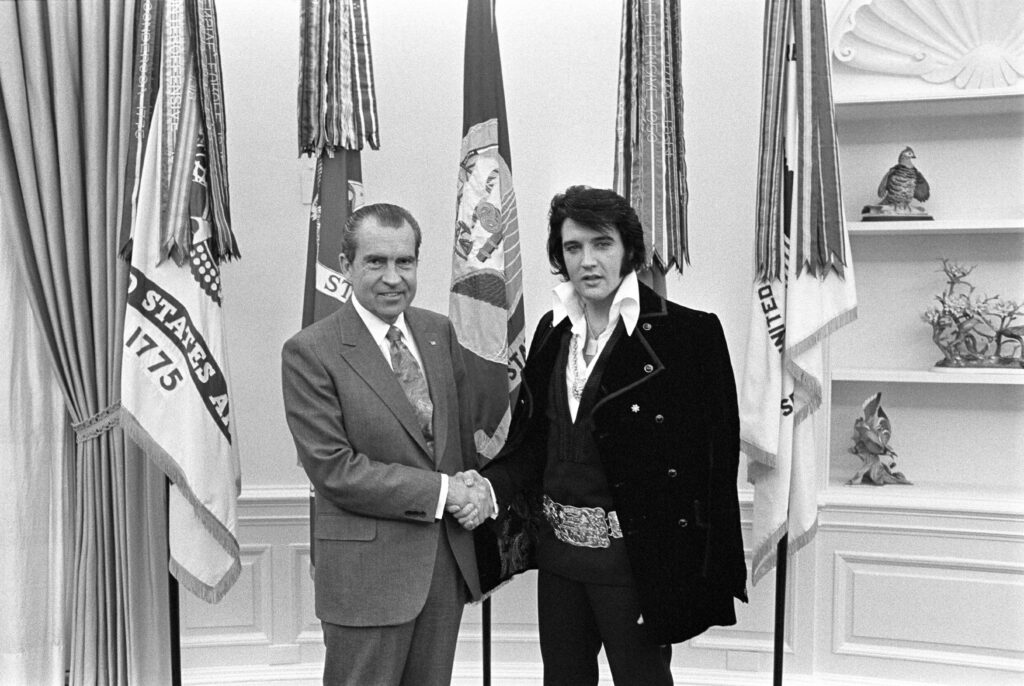Going a little long today. Also going back to the music history well, because it has been more than a week since I’ve done that, and I don’t want to get stuck on guns, food, Roman history, or military history. (I may do some more military history tomorrow.)
Short shameful confession: I have not had a chance to watch all of these two videos yet. I’m posting them here partially as bookmarks, because they involve two bands that I’m partial to.
“Rebel Truce – The History Of The Clash”
“Fresh Fruit For Rotting Eyeballs”, a documentary about the Dead Kennedys.
